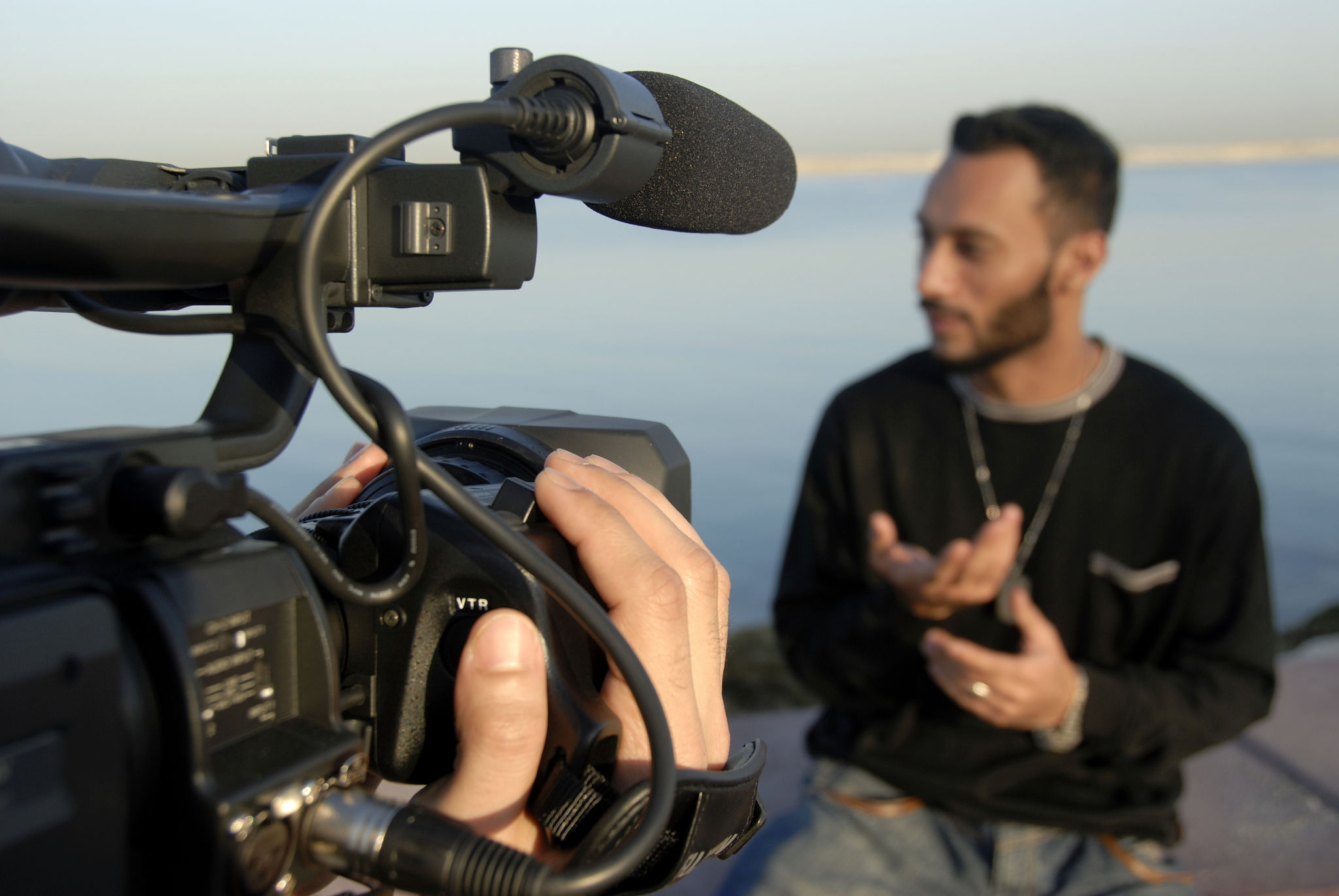Is It Reality TV.....?
The Reality of Reality TV: How “Unscripted” Shows Shape Perception
Reality TV has been a staple of entertainment for decades, promising an unfiltered look into people’s lives. It started in the 1940s with shows like “Candid Camera”, but the modern reality TV explosion came in the 1990s with “The Real World,” where strangers were filmed living together. This model paved the way for today’s hits like “The Bachelor,” “Survivor,” and “Keeping Up with the Kardashians.” But how much of this is truly real?
A Manufactured Reality
Reality TV often walks a fine line between real life and production. While there’s no official script, producers guide participants into specific situations designed to maximize conflict or drama. Editing plays a major role in shaping narratives—hours of footage are condensed into a story that fits the show’s needs, turning moments into more significant events than they were.
Legally, these shows can still use the “reality” label because the participants are real people and not actors. The FCC has no strict regulations on how authentic reality TV needs to be, allowing shows to push boundaries as long as they don’t mislead viewers with outright scripting.

Why Do We Buy In?
Despite the knowledge that producers are pulling strings, viewers remain invested. Part of this is psychological—believing what we see makes the experience more engaging. The emotional payoff of the drama, relationships, and conflicts keeps audiences hooked, even if there’s an underlying awareness that not everything is spontaneous.
Impact on Society
Reality TV does more than entertain—it influences. Shows like “The Bachelor” shape societal views on dating, creating unrealistic expectations around love. Programs featuring extreme behavior, such as “Real Housewives,” normalize conflict and materialism, subtly shifting how viewers perceive relationships and success.
The Bigger Question
Reality TV, with its mix of authentic moments and producer-driven narratives, forces viewers to question how much is real. The manipulation is there, but it’s packaged in a way that allows us to suspend disbelief. The bigger issue is not whether it’s scripted, but how these manufactured realities shape our own views and behaviors.
In the end, the real question isn’t whether reality TV is genuine, but how much influence it has on what we believe—and what we let it teach us about life.
